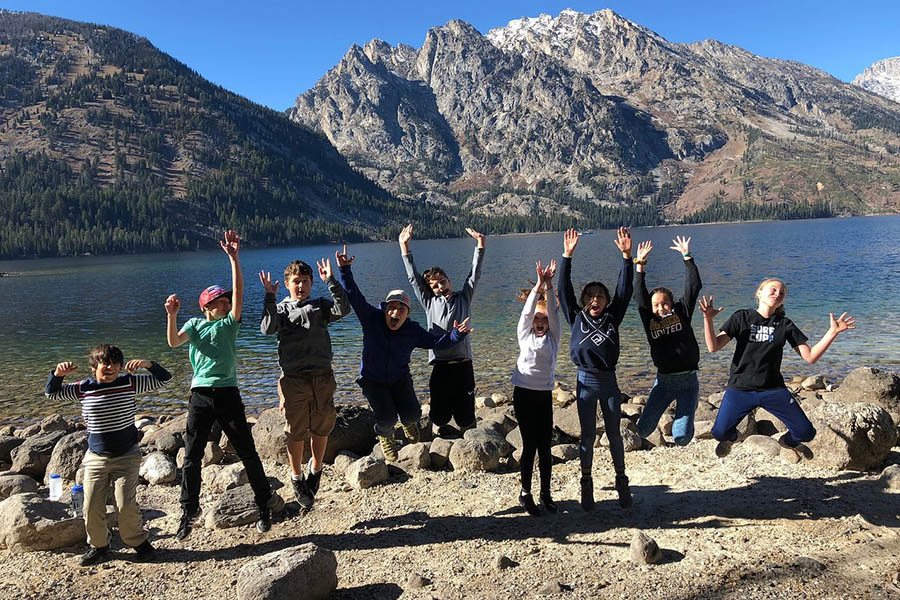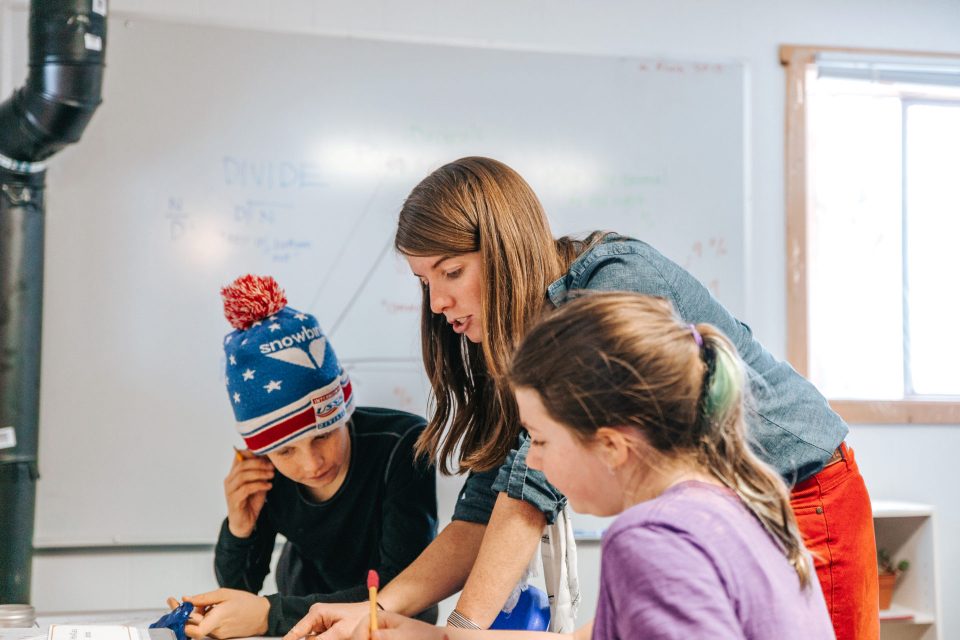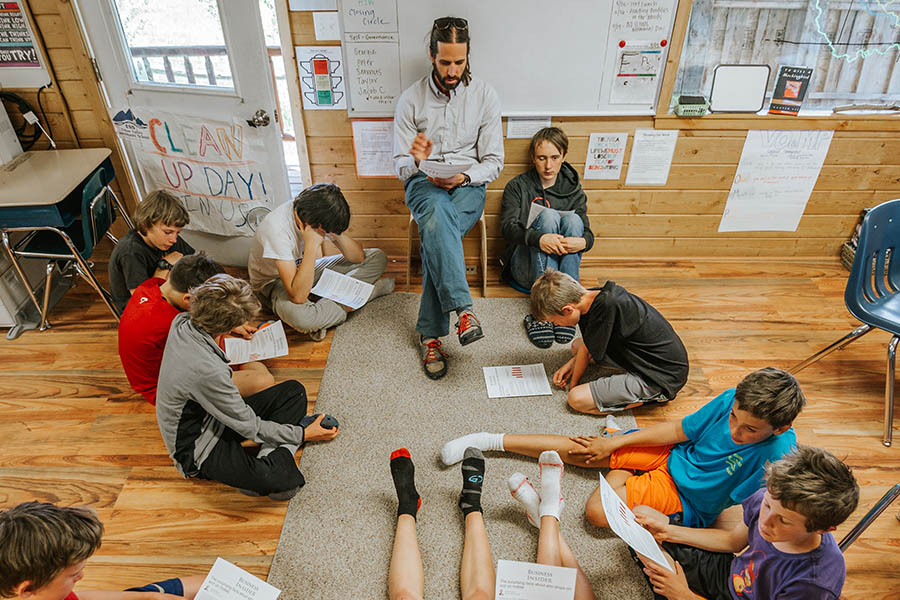Enrichment and Learning Support at Mountain Academy
An exceptional education engages all aspects of the individual child.
Each learner’s individual needs are met through providing a solid academic foundation as well as opportunities for artistic and musical expression, healthy social and emotional development, and physical activity and coordination. Every day, students at Mountain Academy have opportunities to build and create, care for the school whether on the farm or in the classroom, interact with peers and adults, and explore the world outside the classroom.


Enrichment
Tier 1 Enrichment is available to all students in their home classrooms. Through differentiation of assignments based on the individualized strengths and interests of students, teachers create opportunities for students to interact with content on a deeper level. Students also have the opportunity to participate in various after school enrichment clubs.
Tier 2 Enrichment is offered to students through push-in or possible pull-out models for those students who have demonstrated skills and understanding beyond their grade level on aimswebPlus testing or other classroom assessments and have been recommended by their teacher.
Tier 3 Enrichment is considered for students who have undergone cognitive testing outside the school that demonstrates ability beyond their grade level, have met the tier two prerequisites, and have excellent executive functioning skills. Tier 3 could be an independent study, acceleration of a content-area, or pull-out lessons. Placement into Tier 3 enrichment will be based on the Learning Support Team’s recommendations.
Learning Support
Differentiated instruction is a core part of all K-12 classroom instruction. Teachers implement myriad strategies to meet the needs of all students. A few examples of Tier 1 strategies are: allowing for choice in sharing knowledge and understanding of content; preferential seating; visual aides; or extended time.
Students who are diagnosed with a learning disability or who test below their grade level on aimswebPlus testing or other classroom assessments may qualify for Tier 2 interventions. An Individualized Learning Plan (ILP) will be created for a student in order to support the student with their goals and accommodations. Students are typically supported in small groups two to three times a week for 30 minutes, in addition to their regular core classroom instruction. The Learning Support Team, the student’s teacher(s), and the family work together to determine the best plan of support for the student.
Students may receive Tier 3 interventions after undergoing cognitive testing outside the school that demonstrates their need for intensive 1:1 pull-out intervention, or when data from classroom assessments and Tier 2 interventions show little to no growth is being made on the targeted goals. The Learning Support Team, the student’s teacher(s), and the family work together to determine the best plan of support for the student.


Learning Support Team
At the heart of the Learning Support Team (LST) is a dedicated system for ensuring each student’s abilities, challenges, interests, and learning styles are addressed academically, socially, and emotionally. In order to achieve this, the Learning Support Team is a whole-school initiative, composed of Intervention Specialists and Coordinators.
The LST aims to provide support, accommodations, and interventions to all students while supporting faculty in offering differentiation through a rich and challenging curriculum based on the need(s) of each student.
Social & Emotional Support
Mountain Academy places a strong emphasis on social and emotional learning by implementing a curriculum that better supports our students’ needs not only as learners but as humans. The curriculum is proven to boost student performance and has statistically shown significant improvement in three key measures: Purpose, Engagement, and Social Awareness.
The goal of social and emotional learning is to build skills around the six core competencies of the curriculum: Collaboration, Agency, Purpose, Self-Awareness, Adaptability, and Empathy.


